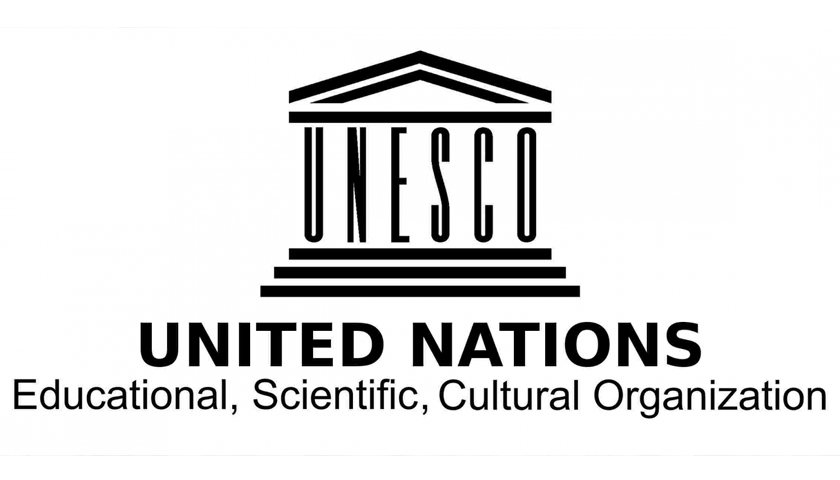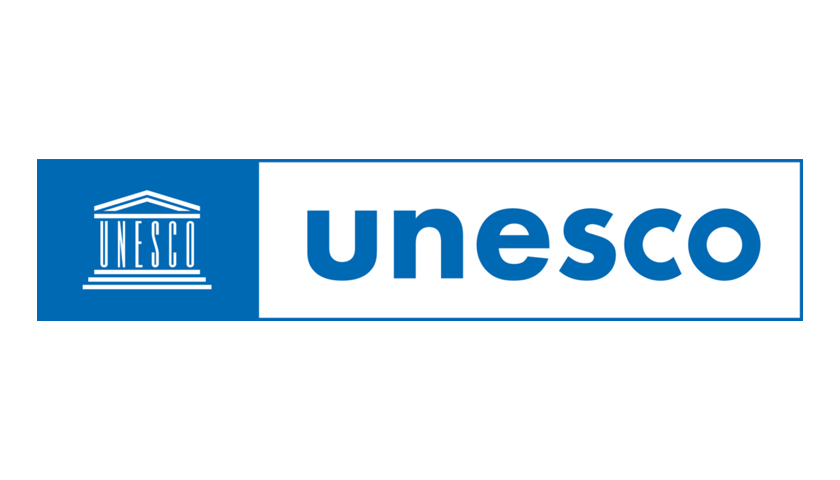At Ngweli Secondary School in Sengerema district of Tanzania, safe space-TUSEME (“Let’s speak out” in Swahili) youth club members are running a school cafeteria. ‘It was for us to have safe food’, shared student leader Said Ramadhan Rashid.
When the school did not have a cafeteria, students used to go out to find food vendors in the neighbourhood. Food from street vendors was often not clean enough. ‘Now, we are serving safe food for our peers.
To set up this cafeteria, club members raised funds through a fundraising event. Bringing together peers, teachers, and community members, they collected enough fund to build a space and hire a community member to cook and serve the food in addition to the seed money provided by UNESCO. Milk tea, doughnuts, and some snacks are among the items being served now.
As the rainy season is coming in Tanzania, students plan to set up a plastic roof to protect the cafeteria from rain. They are also looking into expanding their business into vegetable gardening.
Youth club members also run weekly peer-to-peer campaigns encouraging studying and promoting a safe learning environment.
Changes have taken place in school life. ‘We are happier to come to school. Violence has decreased between students, from teachers and parents because we have been empowered to speak out. And we are motived to study hard’, said a form three student (third year at lower secondary school), Ested Omary Ramandhani.
‘Club activities provide an important opportunity for students to achieve specific goals through their own initiatives’, said Amani Mbeyale, a Geography teacher mentoring the TUSEME club members. ‘From initiating an entrepreneurship project to running peer-to-peer support campaigns, girls and boys learn how to collaborate, communicate and solve problems while gaining confidence and improving their academic performance.’
Safe Space-TUSEME youth club encourages student-led activities to enhance adolescent girls’ self-confidence and determination in remaining in school. The club is based on the combined concepts of Safe Space developed by UNESCO and TUSEME (Let’s Speak Out in Swahili) by Forum for African Women Educationalist. Students identify challenges in their school and discuss ways to address them.
Similar initiatives were seen in other participating schools where peer support groups were created. For example, the youth club in Nyampulukano Secondary School discusses corporal punishment with teacher and parents. The Kilabela Secondary School club is piloting a school dormitory to address the long commute to school, often affecting girls’ attendance and increasing truancy in schools.
Since May 2019, about 200 clubs were established in four districts of Tanzania – Sengerema, Mkoani, Ngorongoro, and Kasulu engaging more than 4,200 students as part of the UN Joint Programme project in Tanzania, Empowering Adolescent Girls and Young Women through Education. In partnership with UNFPA and UN Women, the project is supported by the Korean International Cooperation Agency (KOICA).

